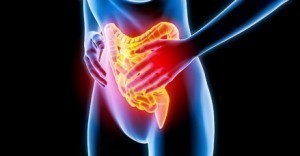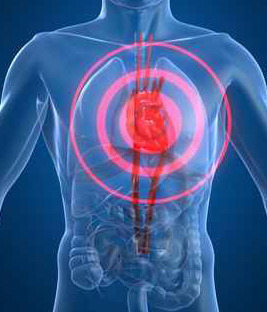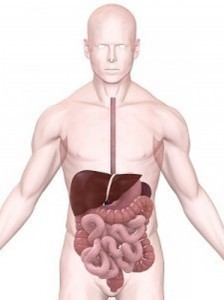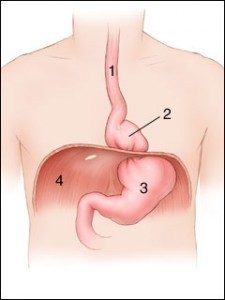Inflammatory Bowel Disease (IBD)
Definition
This disease consists or brings along with it conditions, inflammatory conditions specifically that affects or are of the intestines. Two of the main inflammatory conditions found under the disease are the
- Ulcerative Colitis
- Crohn’s Disease
Inflammatory Bowel Disease is viewed as a chronic disorder of the gastrointestinal tract. Its major characterization is the inflammation of the intestine, which often results in abdominal cramping and persistent diarrhea.
Both forms of Inflammatory Bowel Disease affects areas such as the colon, small intestine and other parts directly related to the Gastrointestinal Tract.
Ulcerative Colitis
This type of Inflammatory Bowel Disease is known to cause chronic inflammation of the digestive tract, and if it evident through abdominal pain and diarrhea.
Ulcerative Colitis usually attacks the innermost lining of the large intestine also known as the colon and rectum. It also only takes place when there is a continuous stretch of the colon.
Crohn’s Disease
With this disease, occurs in patches and can be located anywhere in the digestive tract, which often spreads deep to affected tissues’ layer. This also causes inflammation within the digestive that inflammation takes place along the lining of the tract, which leads to abdominal pain, some diarrhea and possible malnutrition. It “spreads deep into the layers of affected tissue”.
Both Crohn’s and Ulcerative Colitis are of a painful and debilitating nature and may even lead “life-threatening complications”
Symptoms of IBD
Symptoms of Ulcerative Colitis
The symptoms of this type of Inflammatory Bowel Disease vary and depend heavily on its location and the severity of inflammation.
- Ulcerative Proctitis
- Proctosigmoiditis
- Left-sided colitis
- Pancolitis
- Fulminant Colitis
- Abdominal Pain
- Blood in your stool
- Ongoing bouts of diarrhea that even over-the-counter (OTC) drugs cannot put a stop to.
- Unexplainable fever, which lasts for more than a day.
Symptoms of Crohn’s Disease
- 1. Diarrhea
- 2. Abdominal pain and cramping
- 3. Blood in your stool
- 4. Ulcers
- 5. Reduced appetite and weight loss.
With severity of this disease, other symptoms may include
- 6. Fever
- 7. Fatigue
- 8. Arthritis
- 9. Eye Inflammation
- 10. Skin disorders
- 11. Inflammation of the liver/ bile ducts.
- 12. Delayed growth or sexual development, in children.
Causes of Inflammatory Bowel Disease
Immune System
Heredity
Treatment of IBD
- Anti-Inflammatory Drugs
- Immune System Suppressors.
- Antibiotics
- Surgery
Other Medications
- Laxatives
- Anti-diarrheal
- Iron Supplements
- Nutrition
- Pain Relievers – “Avoid non-steroidal anti-inflammatory drugs (NSAID), such as aspirin, ibuprofen (Advil, Motrin, others) or naproxen (Aleve). These are likely to make your symptoms worse.”
- Vitamin B-12 shots
- Calcium and Vitamin D supplements.






